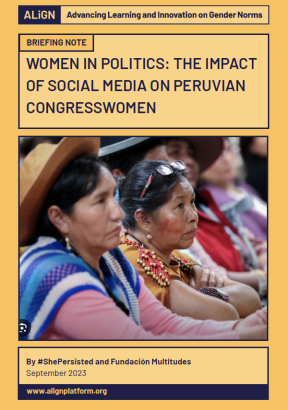- Briefing paper
- 2 October 2023
Local governance in Zimbabwe: inclusion and participation of women with disabilities
- Published by: ALIGN, Deaf Women Included, Local Development Research and Advocacy Trust
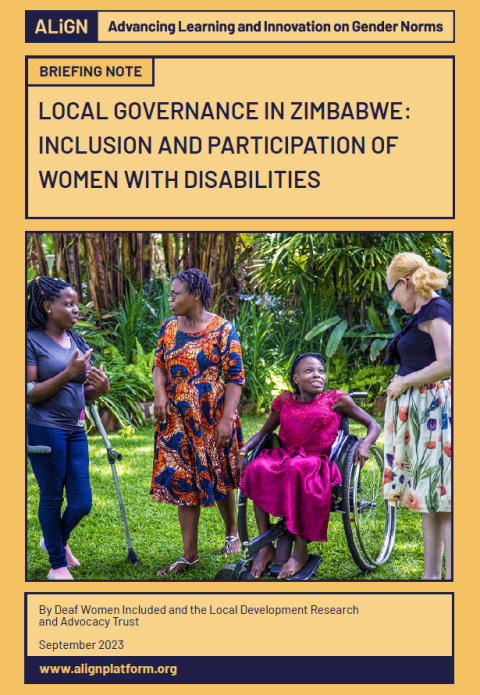
Women with disabilities live on the margins of Zimbabwean society and face various discriminations. These include systemic exclusion from politics, which is demonstrated in their disproportionately small and often tokenistic presence in various governance and political institutions. For example, there are no legal provisions in Zimbabwean's gender quota system at the provincial or local levels that target women with disabilities in particular. Their marginalization is a result of patriarchal societal views and charity, medical, and religious views of disability. These are further impacted by other factors such as living in rural areas. Despite the recognition of these systemic challenges that women with disabilities in Zimbabwe face, few empirical studies have sought to understand, through a feminist lens, how the intersectionality of disability and gender impact their inclusion and participation in local governance.
This study, by Deaf Women Included and Local Development Research and Advocacy Trust, fills this research gap using interviews with women and men with disabilities in rural and urban areas across two provinces of Zimbabwe. The study identifies several systemic features that exclude women with disabilities from active and passive participation as voters, candidates or councillors. For example, there is limited access to communication materials in braille, there are physical barriers to accessing voting locations, and women with disabilities often lack finance and identity documents to register as a candidate for office.
These barriers are rooted in gender norms overlayed by charity, medical, and religious models of understanding disability. Women with disabilities, for example, are sometimes shunned as witches or seen as cursed, or they are believed to be unable to lead and therefore their caregivers often do not register them at birth or invest in their education. Others view women with disabilities as charity cases and institutionalize them.
This study concludes with various recommendations for government and civil society to address both systemic exclusionary practices, as well as the underlying gender and disability norms that are embedded in society and institutions.
- Countries / Regions:
- Zimbabwe
Related resources
2 November 2020
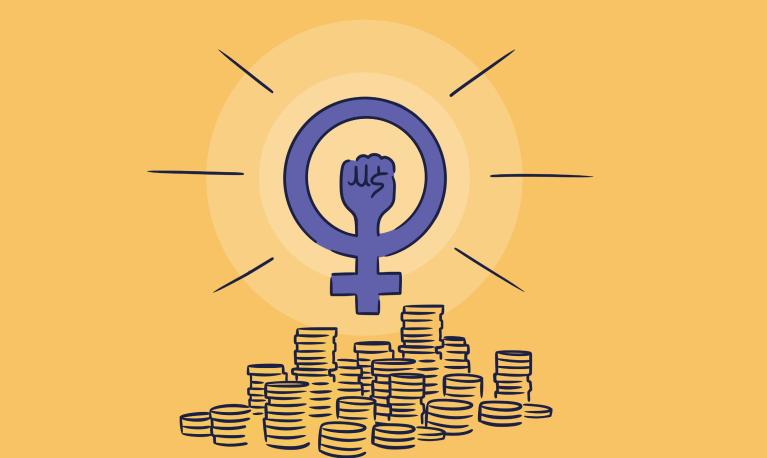
6 July 2023
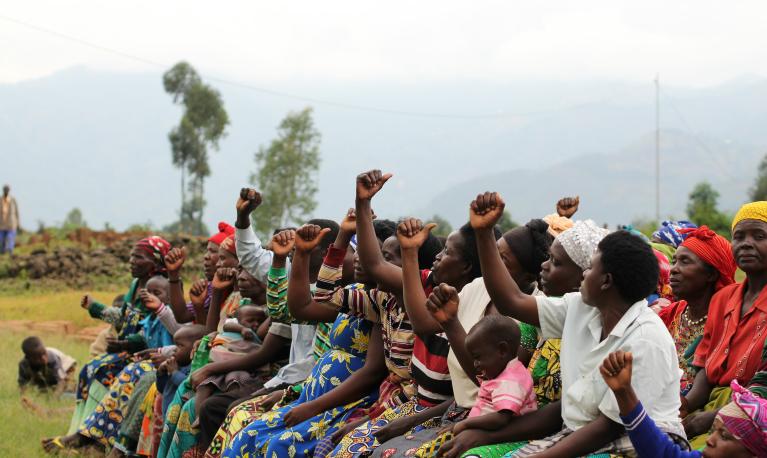
Blog
20 November 2023
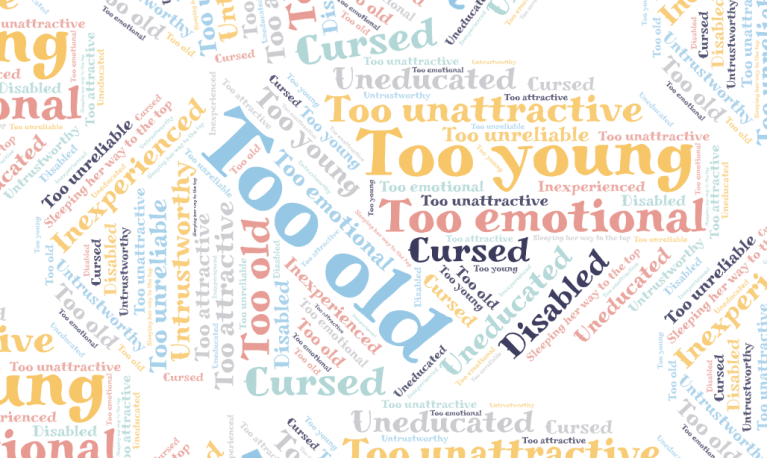
Briefing paper
30 October 2023
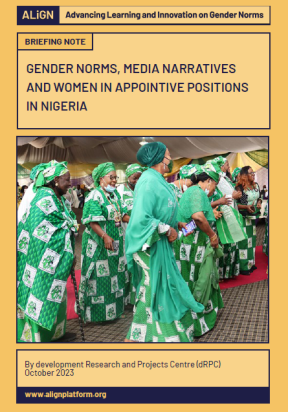
Briefing paper
16 October 2023
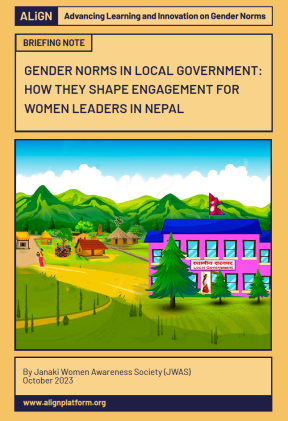
Briefing paper
2 October 2023
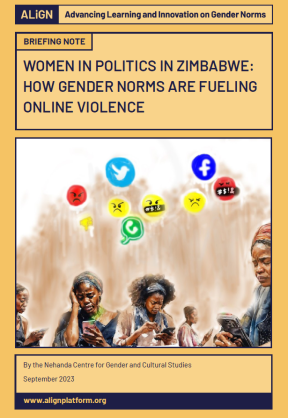
Briefing paper
26 September 2023
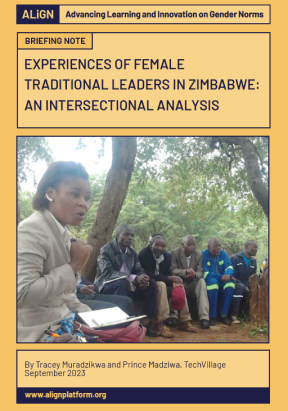
Briefing paper
21 September 2023
